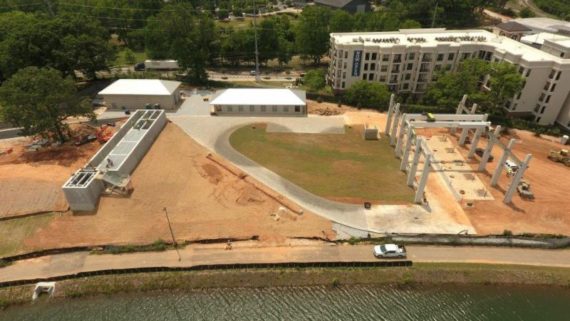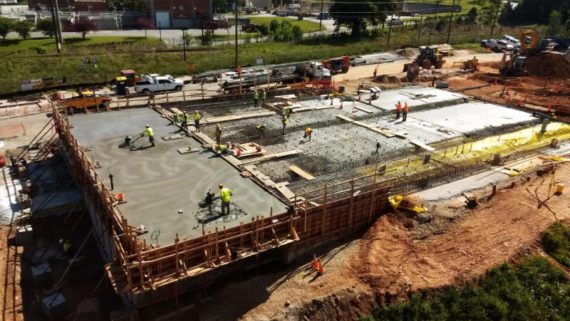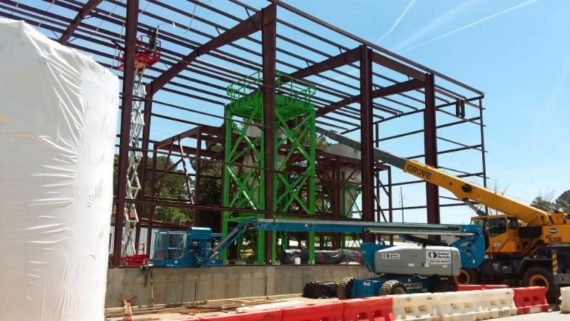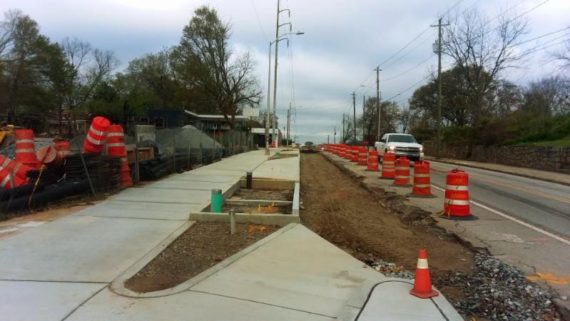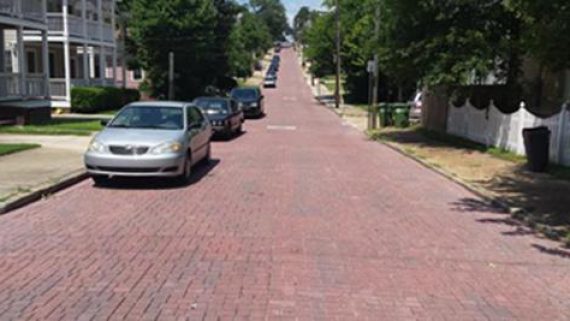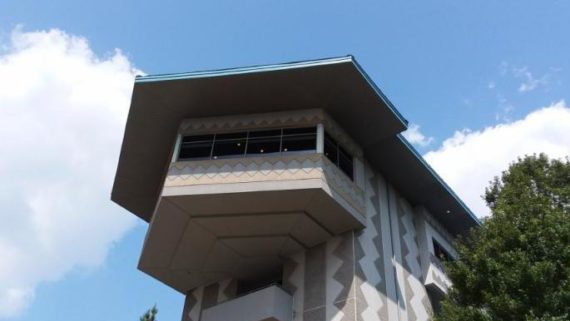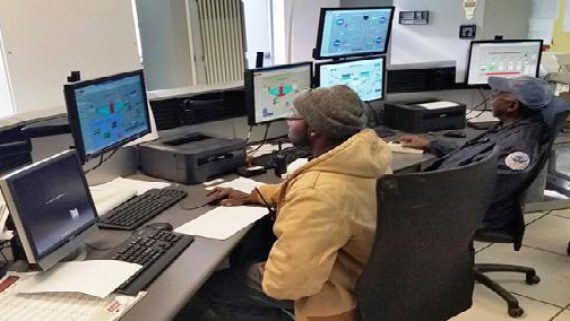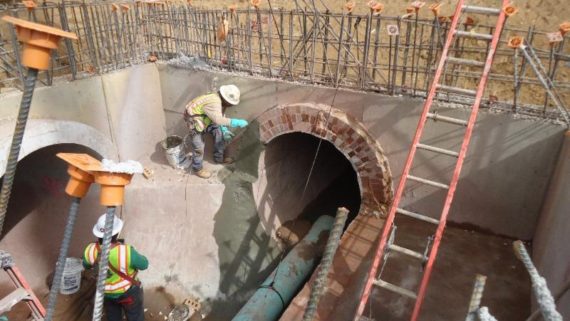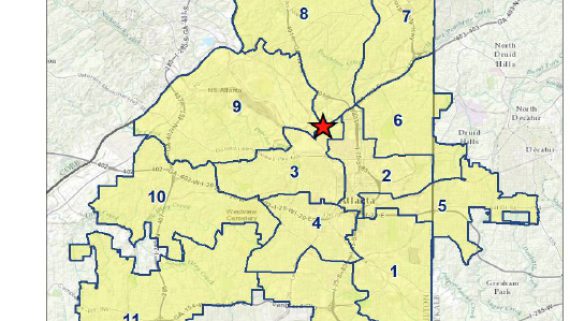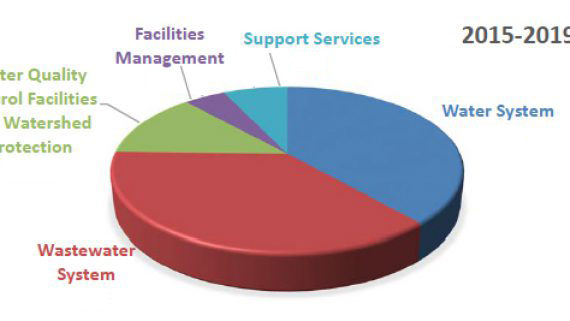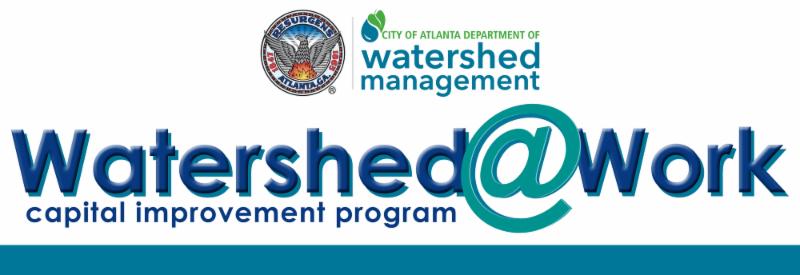


The City of Atlanta Department of Watershed Management
Capital Improvement Program
The Department’s five-year Capital Improvement Program (CIP) organizes needs for sustaining, restoring and modernizing the facilities and infrastructure that support Atlanta’s water and wastewater systems. The projects identified in the $1.26 billion CIP are prioritized based on the most critical infrastructure needs, and the program provides a framework for the comprehensive delivery of schedules for design and implementation.
The CIP will aid Watershed Management in its efforts to maintain operational efficiency and reliability, improve water quality, protect the environment, reduce sewer overflows, enhance public health and ensure continued regulatory compliance. Watershed Management will begin repair and rehabilitation work on stormwater projects funded by the Municipal Option Sales Tax (MOST).
In March 2016, City of Atlanta voters approved the reauthorization of the MOST to help ensure the reliability of the City’s water and sewer infrastructure. Up to 10 percent, or approximately $12.5 million, of MOST revenue annually will fund stormwater projects, allowing for improved water quality, better flood management, the creation of public amenities and compliance with clean water laws.
Project Highlights
The Water Supply Program represents the largest project within the CIP. The approximate $320 million project includes the construction of a five-mile conveyance tunnel designed to transport raw water between the Chattahoochee River, the Hemphill Water Treatment Plant and a new 2.4 billion gallon reservoir at the former Bellwood Quarry. It will provide Atlanta with more than 30 days water supply.
Like many major cities, Atlanta has struggled with managing stormwater runoff that leads to flooding, degraded water quality, streambank erosion and property damage. Through green infrastructure projects, such as the permeable pavers in Southeast Atlanta and the Boone Boulevard project, Watershed Management has developed a cost-effective approach to managing stormwater that imitates natural processes and reduces impacts on our rivers and streams.”
Atlanta’s water system dates back to 1875. Today, our three water treatment plants provide drinking water to more than 1.2 million people each day to the City of Atlanta, Sandy Springs, Chattahoochee Hills and South Fulton County. The water system’s capital projects represent ongoing and planned projects for facilities and water transmission and distribution system mains to ensure infrastructure reliability, meet specific facility needs and ensure compliance with the Safe Drinking Water Act.
Atlanta’s wastewater treatment and collection system consists of more than 2,150 miles of sanitary and combined sewers as well as three water reclamation centers, combined sewer overflow facilities and pump stations. The wastewater capital program is designed to enhance system operational efficiency and reliability while maintaining compliance with the Clean Water Act, Georgia Clean Waters Act and National Pollutant Discharge Elimination System permits.
The Office of Watershed Protection manages approximately 122 miles of separate storm sewer management infrastructure. Stormwater projects in the CIP are designed to reduce overflows, improve water quality, enhance public health and ensure regulatory compliance.
Due to the completion of the CSO Consent Decree program, relatively limited additional work is required on the water quality control facilities. Due to changes in Watershed Management’s permits, however, projects under this category also include selected facility repairs and projects to improve operational performance, as well as projects in the combined sewer system basins to limit wet weather flows to the water quality control facilities.
Facilities management projects include new facilities to consolidate operations and maintenance, structural and site improvements, and utility relocation projects required in conjunction with the Georgia Department of Transportation.
More Information

The Renew Atlanta infrastructure bond program was approved on March 17, 2015 after years of research and more than 100 public meetings. The program will fix roads and bridges, build more than 30 miles of complete streets projects and bicycle lanes, and synchronize Atlanta’s traffic signals for the first time. Water infrastructure projects are not included in the Renew Atlanta bonds, although infrastructure upgrades may be timed to coincide with Renew Atlanta construction.

